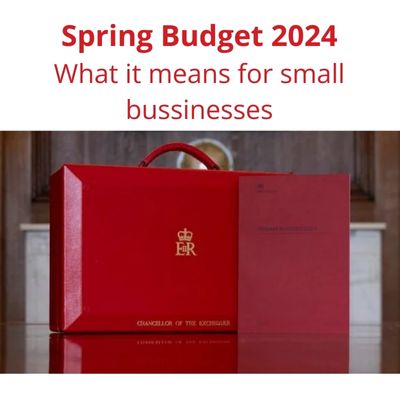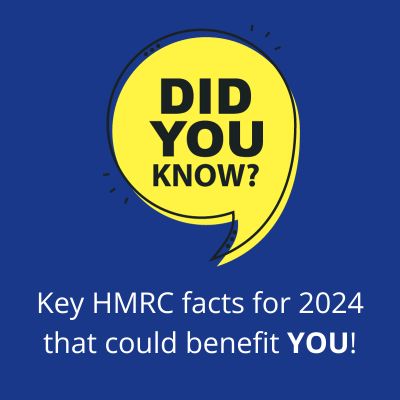What Clothing Can I Claim For Through My Business?
It doesn’t matter whether you’re heading to a networking event, or remote working from the sofa at home, we all need to dress for work. It’s quite likely that you have bought clothes since starting your own business that you only wear for work. However, what you consider to be your workwear, and what HMRC considers to be workwear can differ.
Expenses claims can often be a confusing topic for the uninitiated, especially when it comes to workwear, so we shall try and make things a little clearer.
If you have workwear that is branded for your company, then that is a good start. We’ve all seen polo shirts and fleeces branded with a company logo. Just make sure the logo isn’t too small, or removable, it must be visible and permanent. HMRC is not keen on clothing that has a dual purpose.
If, for example, your company has a purple brand, and you and your employees all wear clothing with a strong purple theme – tops, dresses, socks, ties, scarfs, etc, then while you will appear on-brand, it’s unlikely HMRC will consider them as branded workwear, as they can be worn at any time. It won’t count as a company uniform.
It’s less likely you will be out in your own time with your branded polo shirt.
If you are an actor or performer, then HMRC will allow you to claim for your costumes as a business expense. However, if you are a musician and your “costume” is jeans and a t-shirt, you may have a harder time arguing that you wouldn’t wear these every day.
When HMRC talk about protective clothing, they typically mean items of safety clothing such as High Visibility vests and steel toe boots. If you work outside and purchase thermal vests or a thick winter coat, then whilst this is still protective clothing and something you need to wear, HMRC are unlikely to allow it.
If you’re needing advice on expenses claims, get in touch with our expert tax accountants in Amersham today.





